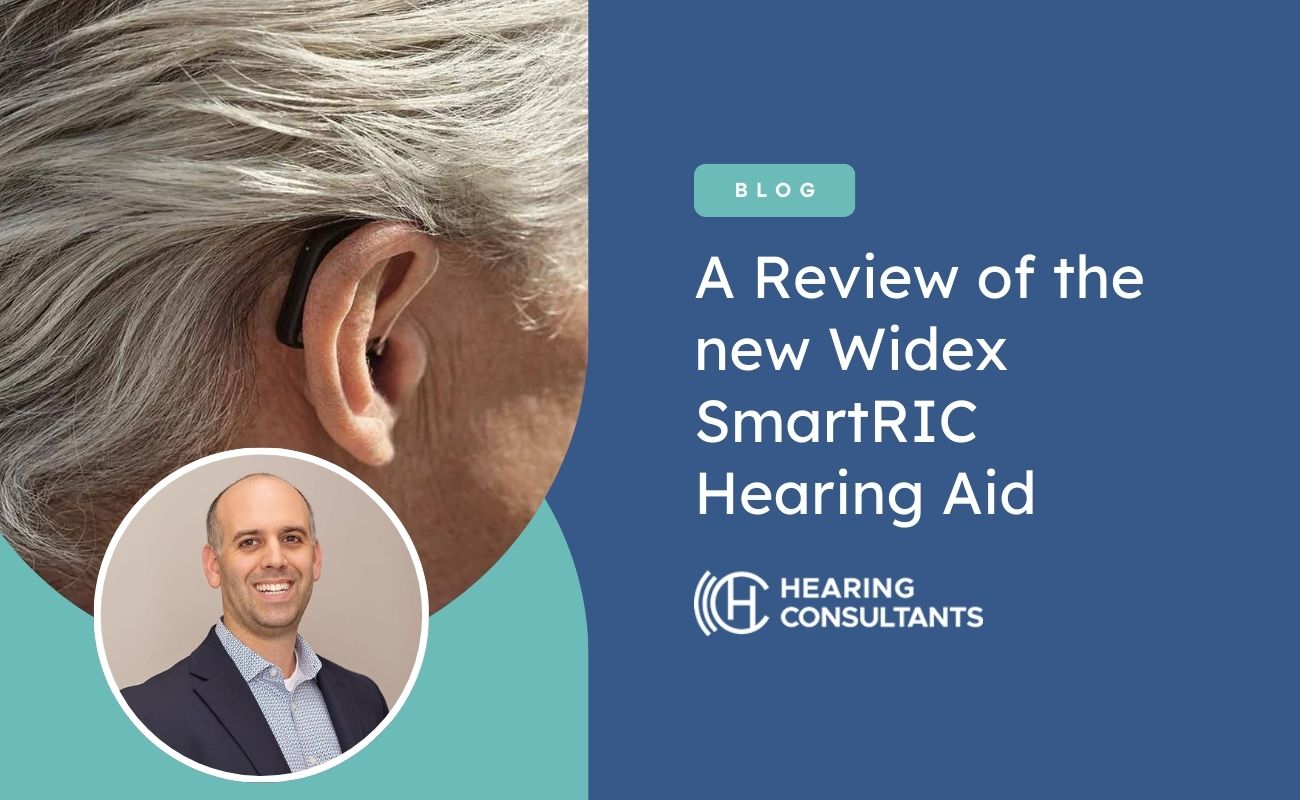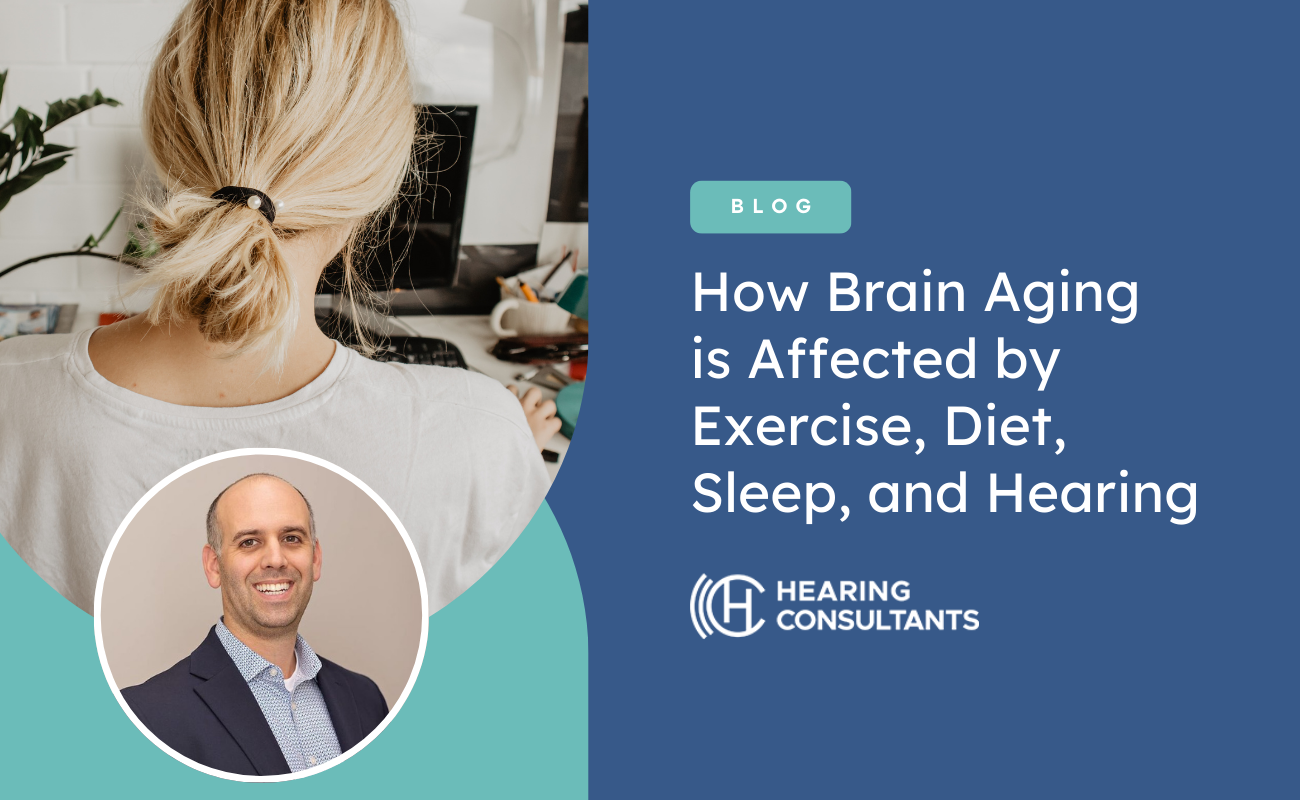Hearing Loss and Millennials
Although hearing loss is common among older people, a new generation of young people are experiencing hearing loss before the age when Presbycusis would set in. This young generation of Millennials have noise-induced hearing loss at alarming rates and at extremely young ages compared with prior generations. What might be causing this sudden upswing in hearing loss?
Understanding Hearing Loss
Among the many types of hearing loss, there are two main kinds that affect the majority of people. The first is presbycusis, another name for the natural process of age-related hearing loss. As you know, the tiny hairs of the inner ear are incredibly sensitive to differences in sound. However, this same sensitivity makes them susceptible to damage from loud noise. From birth to death, our ears are incessantly inundated with sound, and it is remarkable that they remain functional as long as they do.
The other type of hearing loss, however, is noise-induced hearing loss. Whereas normal noise creates the conditions for Presbycusis, very loud noise is responsible for this other main cause of hearing loss. When the noise is too loud for too long a duration, the hairs of the inner ear are similarly damaged.
Dangerous Decibels
Many point to the development of loud technology when looking for an answer. The machines that increasingly surround us in urban and rural spaces generate sounds of all kinds, some very loud. As we are exposed to more and more noise, our ears might suffer at younger ages from this exposure. Yet, why would there be such a sudden uptick in hearing loss among young people? Workplaces have been the source of noise for many people, whether loud industrial sites and factories or even noisy restaurants. Although this might explain the effect on young people of working age, we have seen drastically higher rates of hearing loss even among teenagers. In fact, 17 percent of American teens between the ages of 12-19 have some form of hearing loss.
One answer given by many hearing specialists, researchers, and public health officials is the use of earbuds and headphones. Although these inventions have been around for some time, the creation of portable music devices did not come up about at the level of the mass-market until the 1980s, just about the time Millennials began to be born. Those portable music devices, such as the Walkman and later the Discman quickly turned into smartphones with an ever wider range of audio possibilities. Today’s Millennials can listen to music, videos, television, podcasts, and even movies on their phones. They carry these devices with them everywhere, and the duration of audio use has skyrocketed.
If headphones and earbuds were only generating sounds below 85 decibels, they would not pose such a danger. However, these devices can generate punishingly loud sound, and users seldom know how much to limit their use. If a set of headphones at maximum volume emits 100 decibels of sound, the National Institute for Occupational Safety and Health recommends that they should only be used for 15 minutes at a time. However, many Millennials are using their headphones and earbuds for much longer stretches of time.
Raising Awareness & Hearing Loss Prevention
What can be done about the public health crisis of hearing loss among Millennials? This phenomenon does not only affect American youth or those in the technologically developed world. Indeed statistics generated around the globe demonstrate the same phenomenon. A number of solutions are available. Corporate leaders and policymakers can regulate the features of amplification devices, and new technology can be created that at least provides information to users about the duration and decibel level of sound.
Public awareness campaigns can alert people to the crisis that is currently underway with youth hearing. Yet, beyond these solutions at the higher levels, you can be responsible for yourself and those you love to regulate audio exposure. Make sure to inform young people about the risks they face when it comes to noise exposure.
Hearing Consultants
If you or someone you love seems to be struggling with hearing loss, don’t delay to seek out a hearing test and consultation with us at Hearing Consultants. The time is now to consider the ways you can protect your hearing!
Get in touch with
Hearing Consultants
Contact our clinic to schedule an appointment today!







